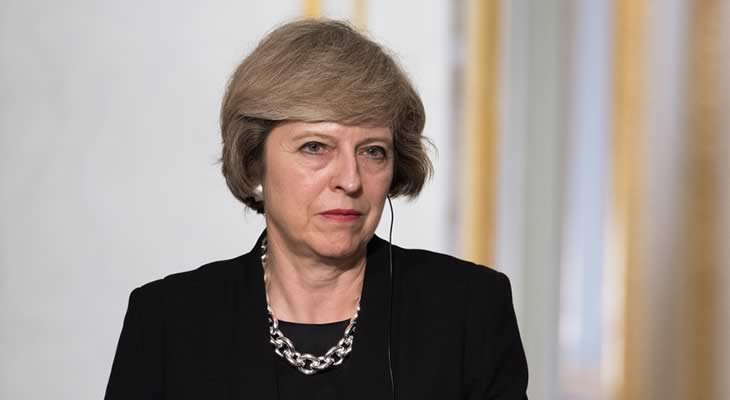‘Phase Two’ of Brexit Discussions could Trigger GBP/EUR Turbulence
As 2018 begins in earnest, the Pound to Euro exchange rate (GBP/EUR) is already at risk of volatility in the coming weeks.
The Parliamentary Christmas recess ends on 8th January, at which point MPs will get back to debating Brexit.
The first hurdle to pass is to compose a draft EU withdrawal bill, which will ultimately be used to remove the UK from the multinational union.
One of the biggest issues for UK and EU negotiators to tackle, however, will be the nature of any kind of ‘transitional’ agreement.
This has not officially been approved by EU officials, but some see it as essential if the UK is to sucessfully convert and adapt EU laws before it fully leaves the union.
In the event that transition talks seem to be delayed or held up, the Pound could fall sharply against the Euro due to trader fears.
Near-Term GBP/EUR Forecast: Pound could Decline on Growing UK Trade Deficit
Ahead of any in-depth Brexit discussions, the Pound could be influenced by UK trade balance data out on 10th January.
The UK posted a trade deficit of £-1.405bn in October and unfortunately for GBP traders, predictions are for a greater deficit reading of £-2.2bn in November.
Trade is becoming increasingly prominent due to research about the effects of Brexit on the economy, so any worsening for the UK could cause a panic among traders.
Euro to Pound Exchange Rate might Worsen if German Coalition Talks Collapse
While Pound traders are focused on Brexit as one of the UK’s big issues, Euro traders are looking to Germany as the next source of Eurozone turbulence.
Since an indecisive election in late 2017, Germany has been without a functioning government.
Long-time German Chancellor Angela Merkel has been trying to form a grand coalition with the SPD Party, but there are still issues that might impede current discussions.
There are a number of areas where Merkel’s CDU/CSU union and the SPD differ, but spending on the armed forces is seen as an especially difficult problem to solve.
Taking a gloomy approach, Politico Correspondent Janosch Delcker has said;
‘While some suggest a compromise by broadening the definition of “military spending”, others are sceptical that the parties will find common ground on the issue’.
If coalition talks seem to be running into difficulties in early 2018, the Euro could trade lower against the Pound until the issue is fully resolved.
Falling Eurozone Inflation could Drag on Euro to Pound Exchange Rate
The Euro has recently fallen against the Pound, following the estimate that Eurozone inflation slowed to 1.4% in December.
Slower inflation means that the European Central Bank (ECB) is less likely to raise interest rates, as pressure is reduced if inflation isn’t around the ECB’s 2% target.
If future Eurozone inflation readings show a progressive slowdown across the currency bloc, the Euro could slide because of disappointment about stagnant interest rates.


Comments are closed.